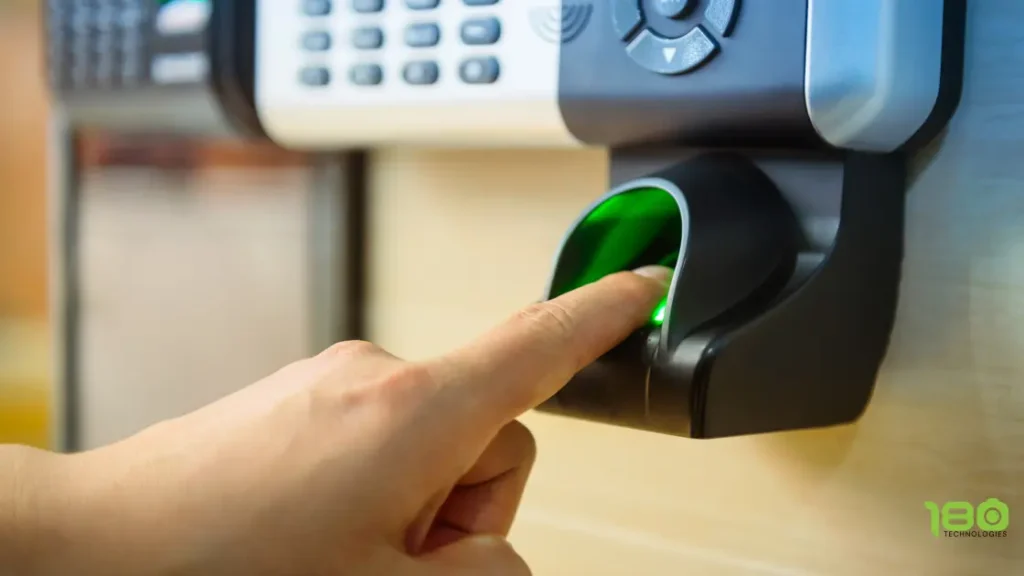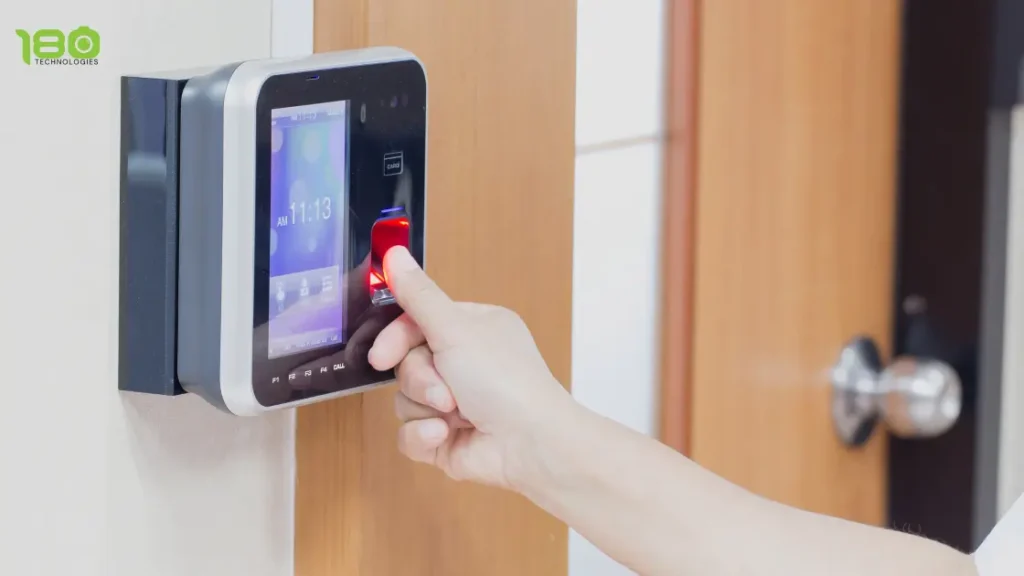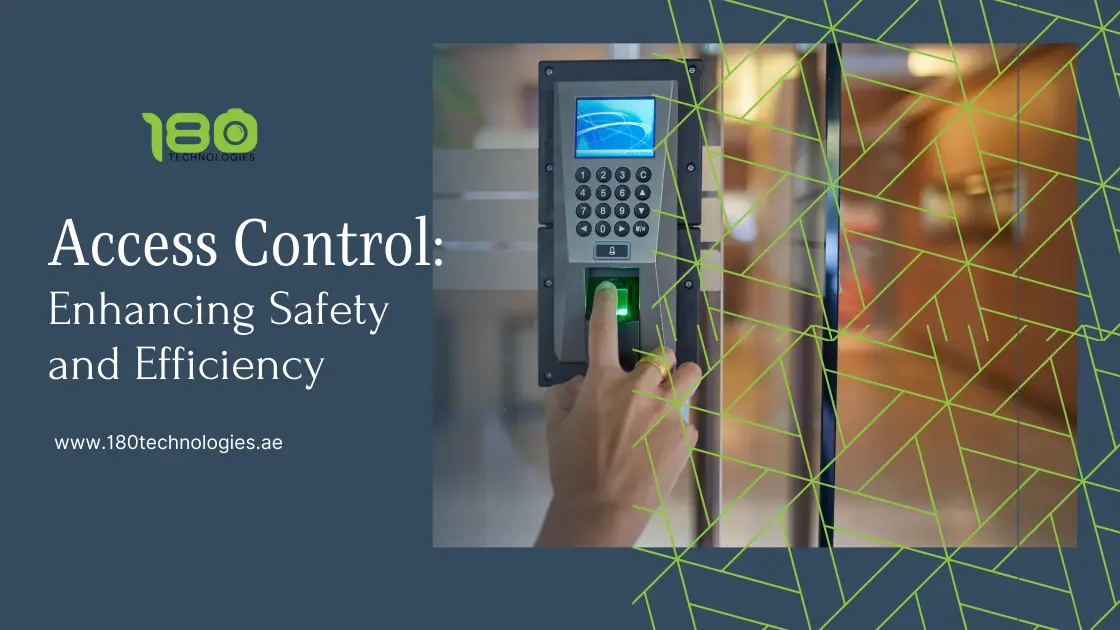Access control systems have become essential for protecting homes, businesses, and organizations in a world where security is critical. These systems give a dynamic and complex way to control who can enter an area, when they may, and what they can access. They go well beyond simple locks and keys. In this blog, we will dive into the realm of access control systems, examining their definition, operation, advantages, and range of uses.
An Access Control System: What is it?
A security measure called an access control system is made to manage and limit access to a physical space, a computer system, or data. It offers the tools to control and keep an eye on who is authorized to access restricted areas and make use of particular resources. From the days of basic lock and key mechanisms to the incorporation of cutting-edge technology that improves efficiency and security, access control systems have undergone tremendous evolution.
The Operation of Access Control Systems
Access control systems decide who is allowed access and under what circumstances by applying a set of predetermined rules and regulations. This is a condensed description of how they operate:
User Authentication: Authenticating users is the initial stage. Key cards, PIN codes, biometric scans (fingerprint, retina, or facial recognition), and even smartphone apps are commonly used techniques for user identification.

Verification: The access control system checks a user’s credentials when they try to enter a restricted area. This verification can take place remotely on a centralized server or locally on a stand-alone machine.
Permission Checks: Following authentication, the system verifies that the user’s credentials correspond to a record in the database for access control. The system ascertains the user’s permissions, including the regions they may access and the times they can do so if there is a match.
Access Granting or Denial: The access control system either grants or rejects access based on the verification and permission checks. If permission is denied, security staff may get a notification or have a recording made for further review.
Access Control System Advantages
Enhanced protection: By guaranteeing that only people with permission can enter a designated area or access particular resources, access control systems offer a strong layer of protection. As a result, there is less chance of unlawful entrance and possible security breaches.
Better Monitoring: Because these systems provide audit trails and real-time monitoring, managers can follow events related to access, detect security breaches, and look into occurrences.
Flexibility and Scalability: Access control systems are easily adaptable to changing requirements and may be tailored to meet the specific requirements of various organizations. Additionally, they are scalable, allowing the system to be changed or expanded as needed.
Convenience: Not having to carry physical keys and frequently being able to access various regions with a single access token are convenient features for users.
Cost Savings: Over time, access control systems can lower the operational expenses related to conventional lock and key management, such as changing lost keys or rekeying locks.
Applications of Access Control Systems
Access control systems find applications across various sectors, including:
Commercial Spaces: To safeguard priceless assets and only allow authorized individuals admission, access control is used in offices, retail establishments, and warehouses.
Healthcare Facilities: To protect sensitive medical equipment, pharmaceutical storage spaces, and patient data, hospitals and clinics use access control.

Educational Institutions: To safeguard employees and students, schools and colleges use access control.
Government Buildings: Access control is used by government buildings to manage who has access to secure areas, administrative offices, and classified information.
Residential Properties: Access control is used in modern homes to increase security. Keyless entry technologies, such as fingerprint or smartphone access, are used by homeowners.
Data Centres: Access control makes sure that only people with permission may access the vital servers and infrastructure housed in data centers.
Conclusion
In a world where security is crucial, access control solutions offer efficiency and peace of mind in addition to safeguarding digital and physical resources. Access control systems will only grow more complex as technology develops, providing even higher levels of convenience and security for both consumers and businesses. Access control systems are essential for securing what really counts, whether it’s your company, residence, or confidential information.



